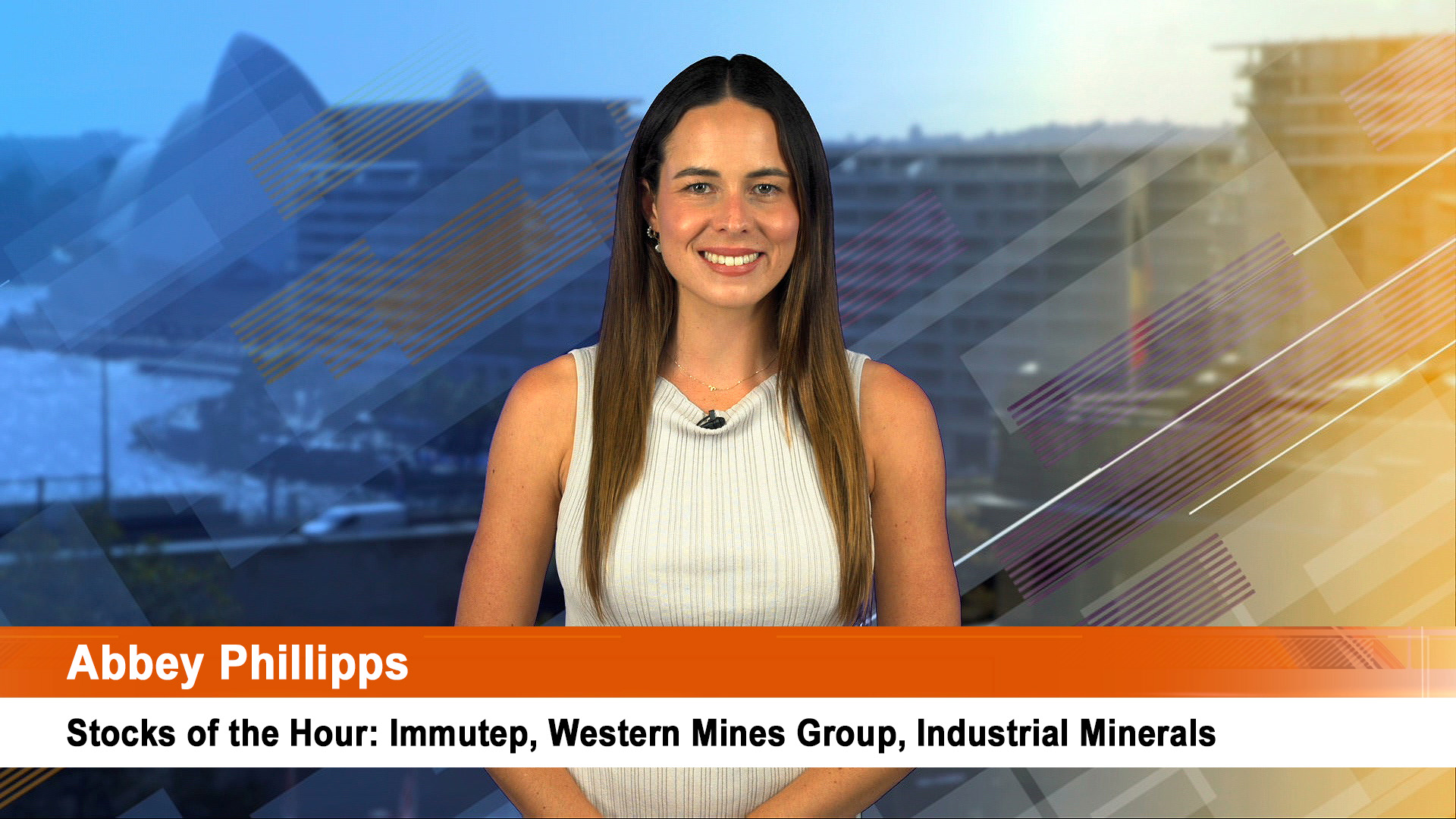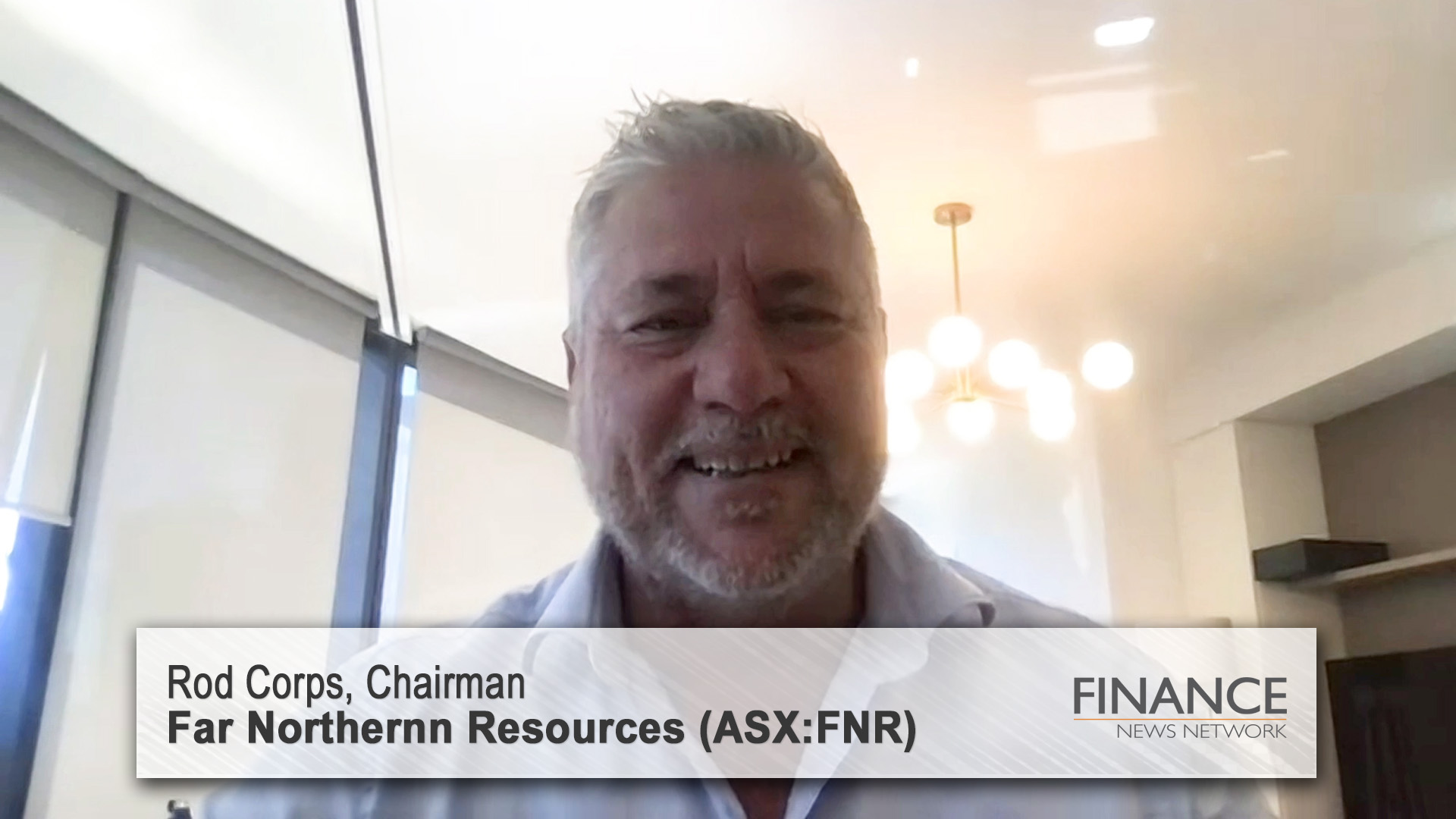We should not have been surprised.
Macquarie Group’s profit warning yesterday has been a while coming: in fact quite a few analysts and investors have been expecting something like this since the mixed update ahead of the annual meeting in late July.
But the admission yesterday that first-half profit will be lower than for the year-earlier period as it confronts “difficult trading conditions’’ is a recognition of the gloomy reality of the current state of financial markets, and the investment banking industry.
Over 80,000 jobs are going among Macquarie’s peers in Europe, the UK and London as profits fall, losses are made and the outlook worsens.
Now there’s talk that job losses will accelerate among Macquarie’s 15,500 employees around the world.
The shares eased, and then closed up 32c, or just over 1%, at $23.48 in a market up a strong 2.6% for the day.
Macquarie tried to spin the news by suggesting that its results should improve for the full 2012 financial year if market conditions don’t continue to deteriorate.
But looking at what’s happening in Europe and the slide in the US, that’s a big ‘if’.
Investors initially focused on that bit of spin and pushed the share price up.
Macquarie is obviously depending on the expected dividend windfall from the 22% stake in Macquarie Airports which is expected in the second half (ending March 31).
It hopes this will enable full-year profit should beat last year’s profit of $956 million.
But that also depends on the extent of first half losses or lower profits and whether they are repeated in the March 31 six months.
After a reasonable first quarter, Macquarie (and its peers) ran into the brick wall known as a "difficult" August.
That’s when all markets slumped, then rose, then sold off as worries about the US credit rating and then Italy, Spain and the eurozone combined to inject a sudden and very nasty dose of volatility and fear into market sentiment.
Australia in fact was the best performed of all major global markets with a 2.9% fall in August, compared with almost double that in the US and three to four times that in some Asian and European markets.
And now September hasn’t started any better. That’s why Macquarie management noted conditions are "particularly uncertain" at the moment.
Macquarie said its Macquarie Capital unit as well as Macquarie Securities and the Fixed Income, Currencies and Commodities division experienced difficult conditions last month.
"Since our previous update on 28 July 2011, the capital markets facing businesses experienced difficult trading conditions in August 2011
"Given these difficult trading conditions along with the higher tax rate in 1H12 and not having the benefit of the MAp reclassification included within the previous corresponding period (pcp), (which was the first half of the 2011 year), we expect that the 1H12 result will be lower than 1H11
"We continue to expect an improved result for FY12 on FY11 if market conditions for the remainder of FY12 are not worse than the pcp, however, it should be noted that market conditions are particularly uncertain at the current time.
"Our expectation for FY12 also assumes that we receive the cash amount to be made available to investors noted in MAp’s recent announcement
"Both 1H12 and FY12 outlooks are subject to market conditions, which are very volatile, the completion rate of transactions and the conducting of period end reviews
"In addition to market conditions, FY12 result remains subject to a range of other challenges including: ? Movements in foreign exchange rates ? Increased competition across all markets ? Cost of our continued conservative approach to funding and capital ? Regulation, including the potential for regulatory changes," Macquarie said.
The upshot is that the warning means the group will report a net profit smaller than the $403 million posted for the six months to September 30, 2010, which was 16% down from the year earlier.
Macquarie’s shares are down nearly 39% on 2011.














